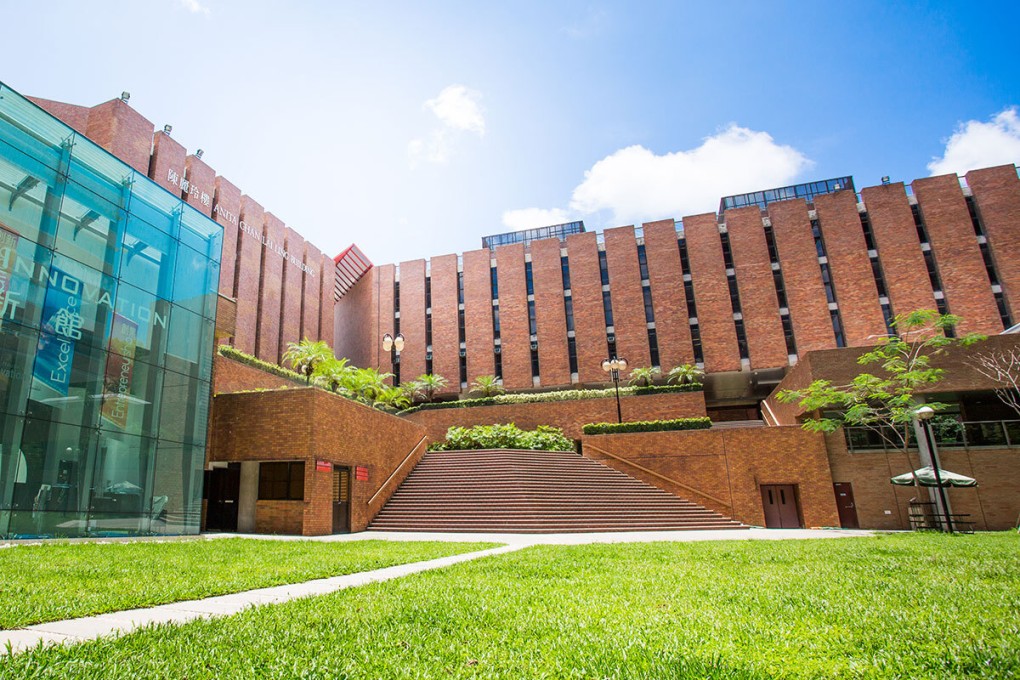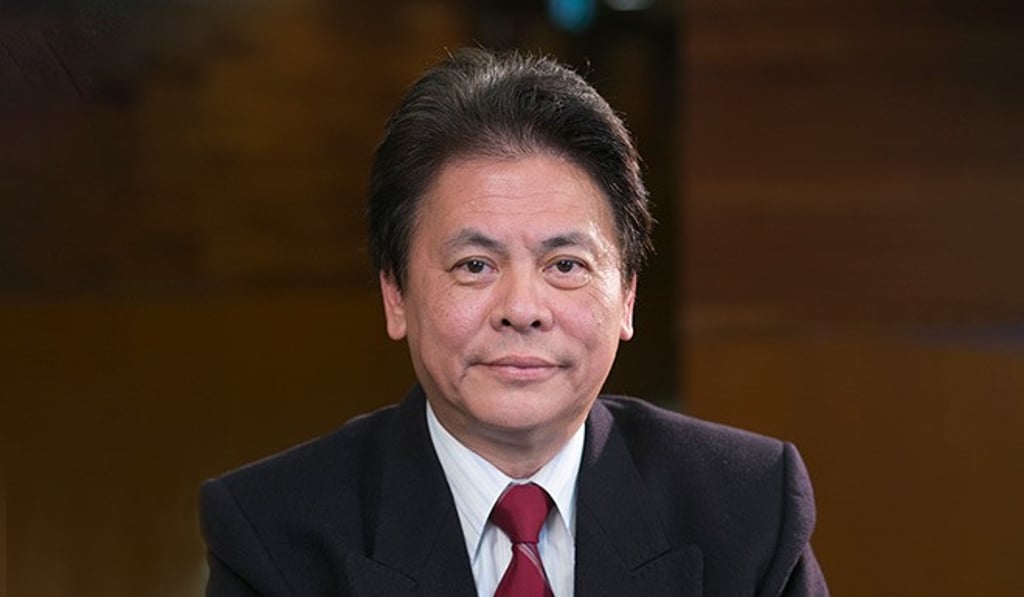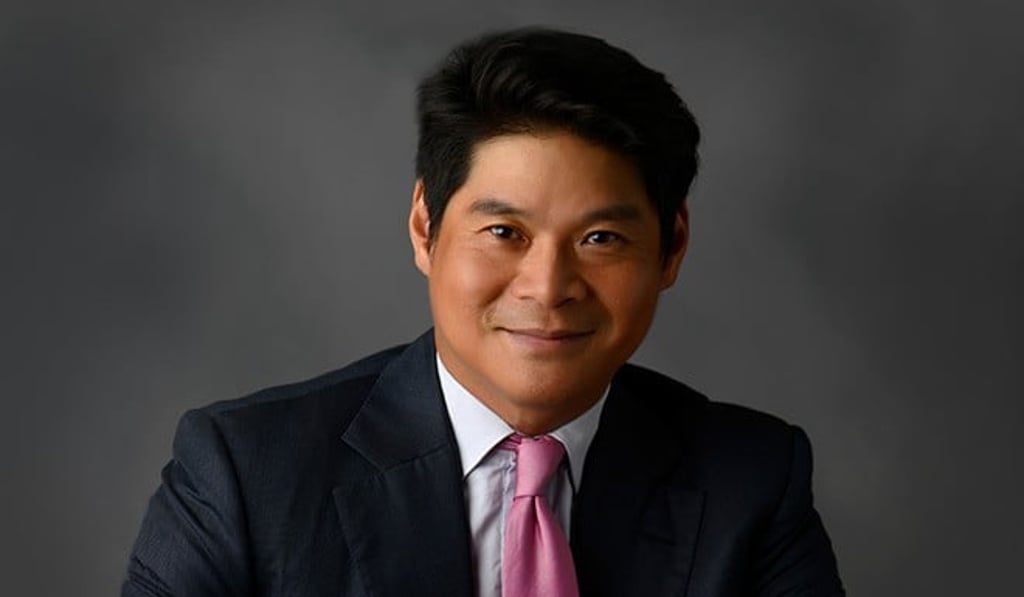DBA at PolyU offers best in business education

[Sponsored Article]
The Doctor of Business Administration (DBA) programme offered by The Hong Kong Polytechnic University (PolyU) was the first of its kind in Asia and, marking its 25th anniversary this year, is continuing to show the way.
It represents the highest level of business education, training senior executives to be “scholar-leaders” who can apply their research findings to solve real-world management problems.
The programme first provides a cross-disciplinary academic framework before students take on the testing intellectual challenge of writing a perceptive, evidence-based thesis to earn their doctorate.

The part-time, credit-based programme usually takes three years to complete, but extensions are granted if necessary. During the first 18 months, the focus is on eight taught courses, five of them electives, which highlight the latest developments in key areas and provide a solid foundation in the skills needed to conduct further in-depth research.
The courses cover everything from econometrics methods and advanced business strategy to statistical analysis, organisational behaviour, frontiers in leadership, financial management and quality management.
Along the way, there are also two DBA “residentials”, as well as opportunities to attend five-day leadership programmes or executive education courses made available through PolyU’s partnerships with top business schools such as Switzerland’s Institute for Management Development (IMD) and the London School of Economics and Political Science (LSE).
By taking advantage of such options, students gain a new appreciation of the challenges confronting different industries and can make useful contacts with fellow executives from around the world.
“An important aspect of the DBA is the breadth and depth of international perspectives,” Tong says. “We provide a dynamic learning environment where ideas and concepts can be explored and debated. The electives mean students can pursue particular areas of interest before deciding on a thesis topic. And required reading of academic-style papers prepares them to do the kind of cutting-edge research that can have a real impact on their company or industry.”
Each thesis is supervised by a PolyU professor, the initial aim being to settle on a subject which is relevant, original, interesting and, after fine-tuning, neither too broad nor too narrow.
Typically, the problem addressed may relate to marketing, management or accounting practices, supply chain and logistics, fintech or the digital economy. But, in principle, there are no strict boundaries, and the supervisor will be on hand to help with identifying data sources to support a specific theory, as well as to guide, encourage, and redirect if necessary.

“I realised this is an under-researched area, but with the US and China engaging in a technology trade war, I wanted to examine what it takes for China to create the conditions for successful start-ups as effectively as Silicon Valley and perhaps even to contribute in some way to related policies and strategies. It is a more opaque market, and the challenge in researching it is that you don’t get a great deal of primary data and have to be quite inventive in generating useful data,” says Tsang, who works as chief investment officer for Architech Capital, a boutique technology private equity and venture capital firm. “But I did manage to find a body of data covering all the venture capital and angel deals done in China between 1995 and 2017, and I was able to collaborate with researchers at the People’s Bank of China School of Finance at Tsinghua University.”
Tsang had originally planned to employ a case-study methodology to examine one of his investee companies, a leading aerospace components manufacturer in Taiwan, to see what makes them tick. He pivoted, though, to a topic that was both broader and more applicable to his area of professional expertise.
“I found that the actual process of research was not that difficult; it’s part of my job to meet with entrepreneurs and founders of start-ups,” he says. “But the academic approach to identifying, creating and interpreting the data and drafting of the thesis requires discipline and a particular set of skills which I had to learn and refine.”
Candidates keen to follow in Tsang’s footsteps should have a master’s degree, preferably in a business-related discipline, at least eight years’ senior management experience, and a decent command of the English language. Applicants with a first degree and a membership to a professional body will be considered too on a case-by-case basis.
“The DBA takes time, concentration, organization and a great deal of self reflection,” Tsang says “But it is great if you have a burning desire to validate a theory or framework and to make some positive impact to the real world of business. The next challenge for me is to apply what I have learned to tackle the world of ESG and climate change.”